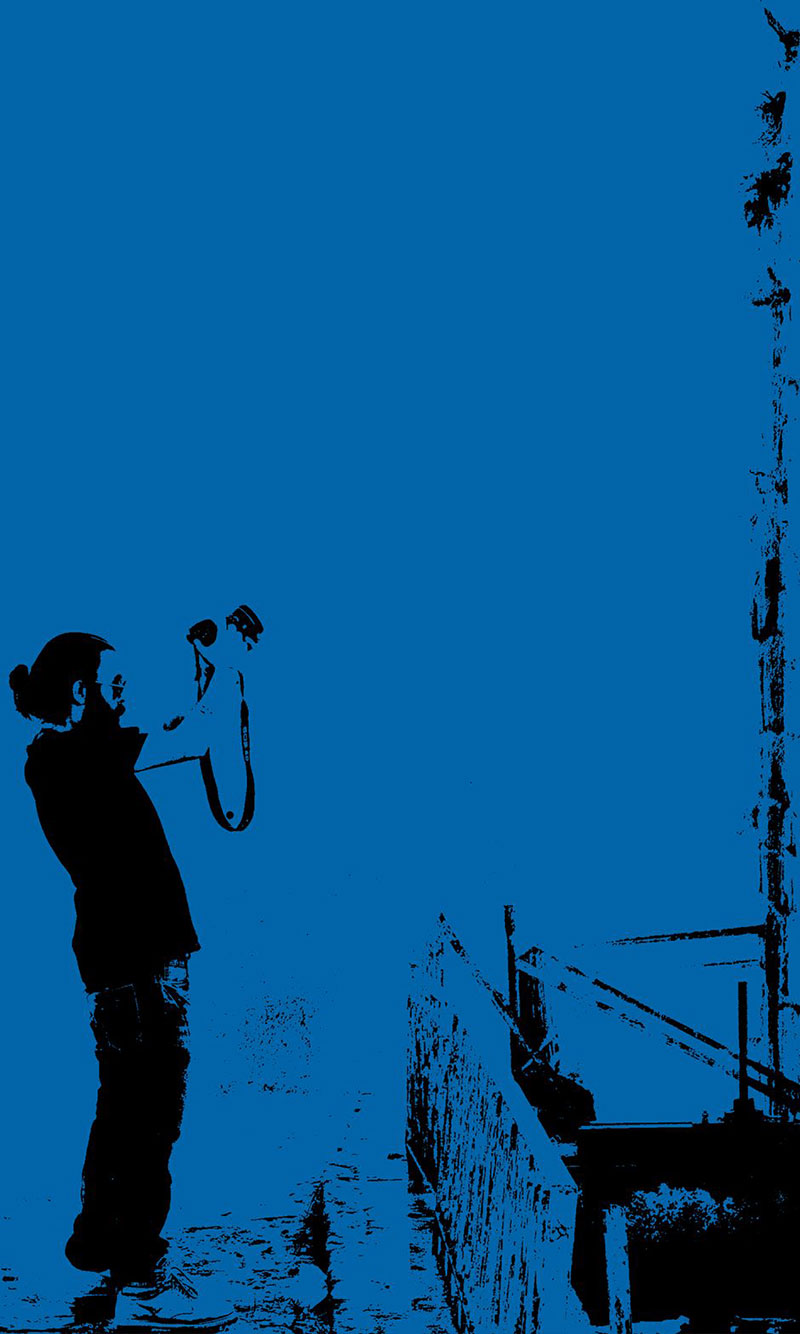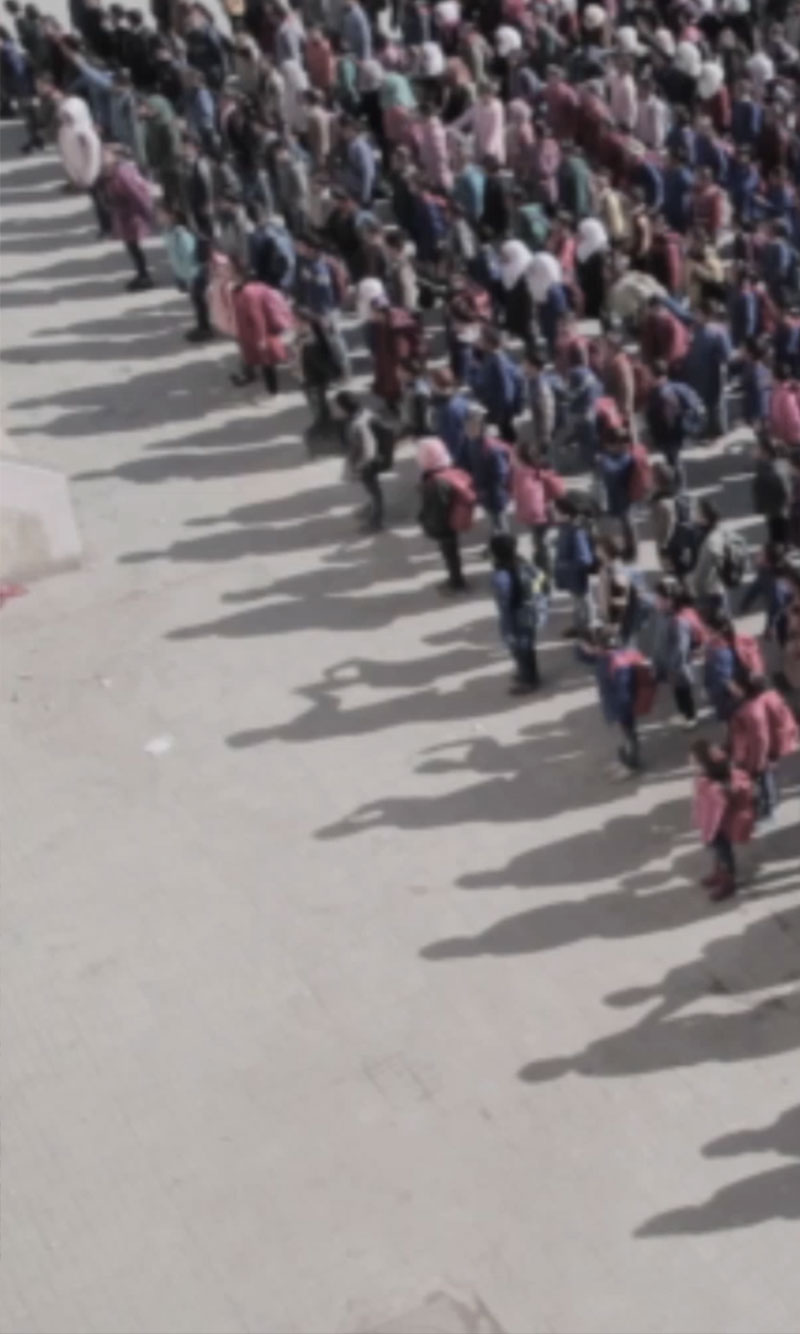Director Simon Safieh: In “Sardine Tries to Fly,” I follow a hybrid documentary-fiction line, searching for identity in non-identity
ORNINA – Nawar Akkache
08/11/2018
To decide to make independent cinema, you must be a true lover of film – passionate about its worlds, observant, and constantly exploring new ways to create something different.
You must believe in your ideas and their power to reach others, carry your artistic vision, and fight against all odds to fulfill your purpose and legitimate right to express it.
Independent cinema exists to assert the self, unleash vision, and break free from the domination of funders. It breaks industry rules, defies imposed formulas, and rediscovers the art form.
So far, independent cinema remains largely experimental, and perhaps this is its beauty. It doesn’t aim to deliver messages directly but rather to explore interaction between elements and suggest hypotheses that may trigger the viewer’s senses and reflections.
Due to its distance from traditional funding mechanisms and producer demands, independent filmmakers face compounded challenges – even though digital tools and accessible technology have made things easier. These challenges multiply in the Syrian context, where dire political and economic conditions make even the basics hard – from having time to develop ideas to getting filming permits and distributing the final product.
Among the pioneers of this movement is Simon Safieh (b. 1988), who emerged after six years in Tartus’s film club. Rich in knowledge of film and arts and driven by autodidactic learning and experimentation, he built his unique cinematic voice in a country with no academic film education.
He worked as an assistant or trainee director on several films (“My Last Friend,” “February 29,” “Waiting for Autumn,” “The Bus,” “Fires”) and later began his own projects.
His first incomplete attempt was a film about mothers, “Yamo.” Then came his one-minute experimental short “Not Just an Apple” (2012), which received a special mention at the One-Minute Film Festival in the U.S.
In 2013, he made the documentary “The Tunnel” (25 min), produced by his own initiative Film Faqir, but not screened until 2015. His short narrative films include “Leish” (2013, 8 min) and “Julia” (2014, 16 min), both backed by the General Organization for Cinema in Syria. These films were screened at various festivals and won several awards.
He also led workshops with Lens of Peace, a project to empower young Syrians in filmmaking and community engagement.
From Film Faqir, Safieh launched his first independent feature film: “Sardine Tries to Fly”, a result of four years of research, experimentation, and hard work – adding a bold experience to Syria’s independent film landscape.
The soundtrack was composed by Samer Al-Na’imi, and the main roles were played by Mohammad Abdullah Ali, Mohsen Abbas, Nancy Khoury, Ward Haidar, Noor Ghanem, and others.
In an interview with ORNINA, Safieh said:
“The idea came from a report that said: In Syria, every 10 minutes someone dies due to war. What if one of them came back to life? That question haunted me. I wrote initial scenes, shared them with friends – some criticized them sharply, others saw promise.
After workshops and rehearsals, we began filming.”
The film blends documentary and fiction. Safieh explains:
“I follow two lines – documentary and fiction (both narrative and experimental). Combining them requires time and careful planning. We leaned into modern realism, and many scenes were shot as rehearsals without cuts to enhance authenticity.
The actor lived the character in real settings among real people. That was our lab – it’s about the conscious and unconscious. You are part of this society, and as a filmmaker, you reflect and reprocess it.”
Why the long production time?
“That’s the nature of independent cinema – no funding, no backing. But the point is to keep exploring. Time doesn’t matter – the audience will judge whether the film endures or fades.”
On audience reception, he says:
“I came to cinema out of love. I’ll keep experimenting whether I succeed or fail. What matters most is what I lived during this experience – and I wish the same for every aspiring filmmaker.
Everyone has the right to dream and make films – criticism is secondary. That’s the right I defended in this film.”
On Syrian cinema:
“There is no true cinematic identity in Syria – few meaningful artistic experiences exist. After 2010, we entered a phase of confusion. No institutional support, and no external environment suitable for global competition.”
He concludes:
“In this film, I sought identity within non-identity. Writing the hybrid script was a metaphor for the absence of a personal identity. The experimental frame deepened that.
Without institutions to support such work, we’ll never form a new cinematic wave. These experiments need a nurturing environment to become recognized art – at home and abroad.”
On his contribution to the collective film “Hanin al-Dhakira,” produced by the state film organization, he says:
“My segment was entirely different in tone and approach. I took visual storytelling in a new direction – fresh and previously unexplored here. The organization allowed space for experimentation.”
Simon Safieh’s journey in independent Syrian cinema stands among several compelling new voices – perhaps these experiences will shape a freer, more creative future for Syrian film.



